reducing the side effects of cancer treatment
Head & Neck Cancer Physiotherapy
If you are undergoing treatment for head and neck cancer, you may experience a variety of short- and long-term side effects. These can include dry mouth, difficulty chewing, swallowing, or speaking, as well as changes to taste and appetite. Tightness or reduced movement in your jaw, neck, or shoulders is also common.
Many patients notice weight loss, reduced muscle strength, and a decline in overall fitness. Fatigue and low energy can affect motivation and daily activities, making recovery feel overwhelming. Swelling in the face or neck, known as head and neck lymphoedema , is another frequent side effect after cancer treatment.
What is head and neck lymphoedema?
Head and neck lymphoedema occurs when lymph fluid builds up in the face, neck, or throat, often after surgery, radiation, or other cancer treatments that affect the lymphatic system. Symptoms can include puffiness, tightness, or a sensation of fullness in the affected areas.
Read more here.
What is the treatment for head and neck lymphoedema?
Treatment focuses on reducing swelling and improving comfort. It includes:
- Manual lymphatic drainage: A special type of gentle massage to move fluid.
- Compression garments: Specially fitted clothing to help reduce swelling.
- Exercises: Gentle movements to promote fluid drainage.
- Skincare: Keeping the skin clean and moisturised to prevent infection.
How can a physiotherapist help a head and neck cancer patient?
A physiotherapist plays a crucial role in recovery after head and neck cancer to assist with:
- Swelling reduction: Using techniques like manual lymphatic drainage and compression therapy.
- Improving mobility: Designing exercises to enhance neck, shoulder, and jaw movement.
- Strengthening muscles: Tailoring exercises to rebuild strength and endurance.
- Pain management: Utilising manual therapy techniques like massage and specific exercises.
- Scar management: Providing treatments to improve scar flexibility and appearance.
- Breathing and swallowing: Assisting with exercises to improve breathing and swallowing functions.
FAQ's
Why do I need physiotherapy after head and neck cancer treatment?
Physiotherapy helps reduce swelling, improve movement and strength, manage pain, and assist with breathing and swallowing difficulties. It plays a crucial role in enhancing your overall recovery and quality of life.
What types of exercises will I need to do?
Exercises may include gentle stretches for your neck, shoulders, and jaw, strength-building activities, and specific movements to improve swallowing and breathing. Your physiotherapist will tailor the exercises to your specific needs.
How often should I see a physiotherapist?
The frequency of visits depends on your individual condition and progress. Initially, you may need more frequent sessions, such as weekly. Over time, the visits may become less frequent as you gain more independence in your exercises.
Can physiotherapy help with the tightness and discomfort I feel in my neck and jaw?
Yes, physiotherapy can help alleviate tightness and discomfort through techniques like manual lymphatic drainage, gentle stretching exercises, and specific massage techniques aimed at improving flexibility and reducing pain.
You don’t have to do this alone
Our team is here to listen, provide advice and individualised care.
Our goal is your goal.
Call us to get the right support on your road to recovery.
About Us
Oncology Recovery Services Inc. is a multidisciplinary centre that specialises in cancer care and lymphoedema management.
Clinic Hours
Monday 8:30am – 5.00pm
Tuesday 8:30am – 5:00pm
Wednesday 8:30am – 5:00pm
Thursday 8:30am – 5:00pm
Friday 8:30am – 5:00pm
Saturday 8:00am – 3:00pm

